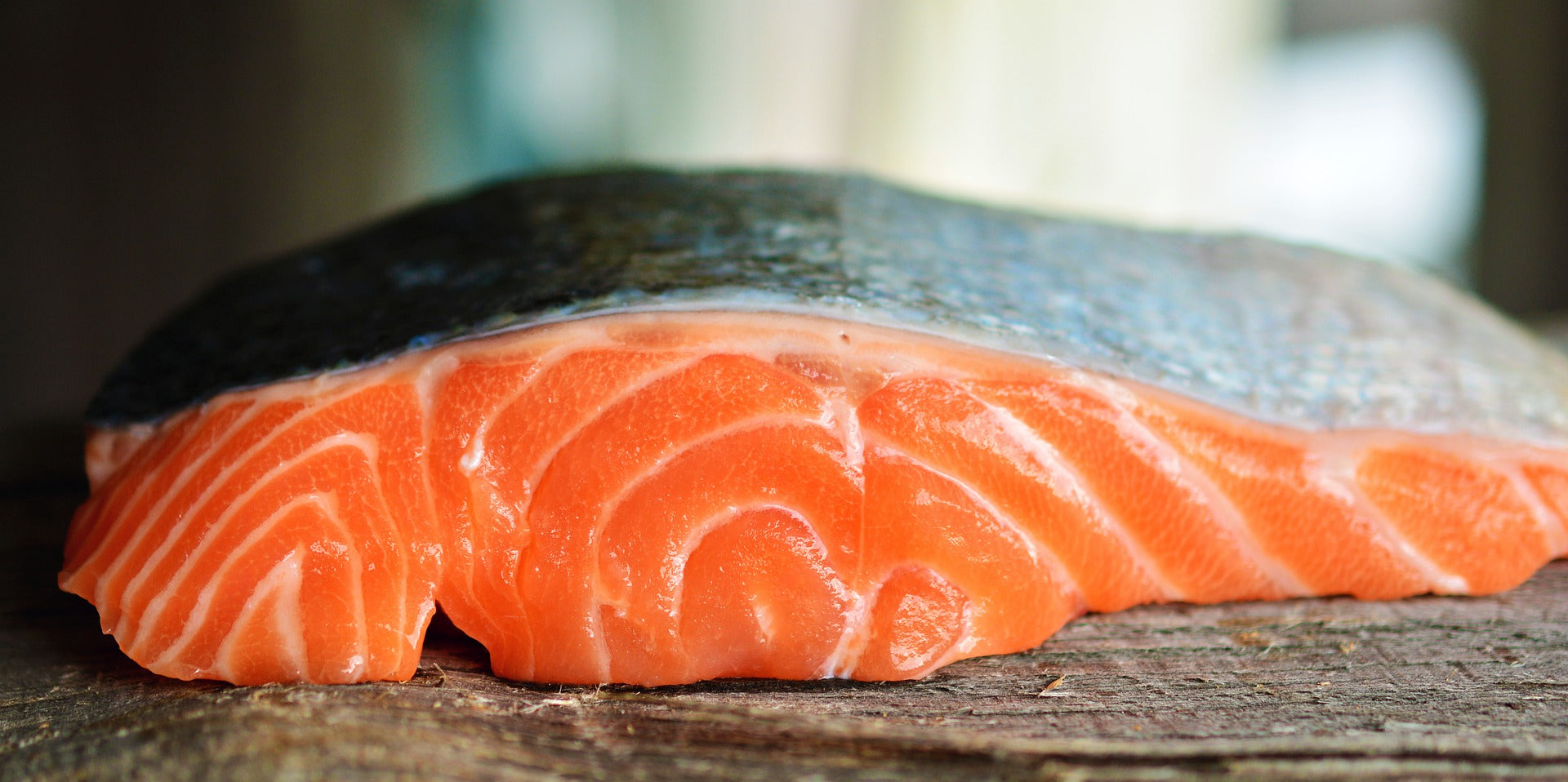
Omega-3s and Fish Oil: What You Need To Know
You undoubtedly know that Omega-3s are important for overall health and wellness. Perhaps you also know that they’re anti-inflammatory and great for brain health.
The one thing I want you to take home today is that in North America we do not get enough Omega-3s in our diet. Instead we eat Omega-6 fats like they’re going out of style.
Omega-6s are in everything we eat and are detrimental to our health. More on that below.
In many ways they have the opposite effects to Omega-3s.
So What are Omega-3s?
Today I’ll briefly discuss what Omega-3s are (without getting too nitty gritty), why they’re important, how you should get your omega-3s and how much you need.
The nitty gritty. Omega-3s are polyunsaturated fats with a ton of health benefits. They are essential fatty acids, meaning they cannot be made in our body, we must get them from food (1).
Omega-3s consist of 3 things: EPA (eicosapentaenoic acid), DHA (docosahexaenoic acid) and ALA (alpha-linolenic acid) (2).
EPA and DHA are responsible for most of the health benefits of Omega-3s, so we will focus on them.
Omega-3s are Potent Anti-Inflammatories
Omega-3s kick off a cascade of bodily processes that reduce inflammation but they’re also incredibly important for brain health.
Inflammation is implicated in just about everything bad including arthritis, asthma, inflammatory bowel disease, ulcerative colitis, Crohn’s disease, cancer, diabetes, eczema, lupus, multiple sclerosis, migraines, etc. (3,4).
Researchers are finding that Omega-3s from fish oil directly reduce inflammation responsible for many of the diseases listed above.
The more I research the more amazed I am to find that Omega-3s are beneficial for everything.
Researchers show positive results for Omega-3s from fish oil in the treatment of alzheimer's, rheumatoid arthritis, type 1 and type 2 diabetes, heart disease, obesity, atherosclerosis, high blood pressure, stroke and cancer (5,6,7,8,9,10,11,12).
Good lord that’s a lot of things! Omega-3s are a panacea and they’re not just good if you already are suffering from poor health. They have a protective effect too.
Omega-3s, Brain Health, Fetal Development and IQ

Omega-3s are preventive and incredibly important for development and maintenance of overall health and wellness.
They’re vital parts of our cell membranes. EPA and DHA are essential for fetal development and healthy aging (13).
DHA is found in large quantities in the brain and eyes. In fact it’s the most abundant fatty acid in our brains. DHA is especially important during brain development (14).
There’s research showing the high Omega-3s from fish oil during pregnancy results in children with better neurological function.
This includes hand eye coordination of their children, IQ, verbal, visual and spatial performance (15,16).
We know that DHA is great for brain health. But what about neurodegenerative diseases like Alzheimer’s and Parkinson’s?
People with higher levels of DHA Omega-3s in their brain are less likely to get Alzheimer’s.
Diets low in Omega-3s are a risk factors, whereas diet’s high in Omega-3s have a protective effect on the brain to prevent Alzheimer’s and Parkinson’s (17,18).
There’s compelling research that shows Omega-3s are also beneficial for the treatment of depression, schizophrenia, ADHD and autism.
But I’m running out of space and don’t want to lose you. Suffice it to say, you should be getting Omega-3s into your diet.
Are Omega-6s Making me Sick?
We can’t talk about Omega-3s without touching on Omega-6s too.
This is because the amount of Omega-3s you should eat depends in large part on how much Omega-6 we eat.
So what are Omega-6s? In many ways, Omega-6s have the opposite effect of Omega-3s.
Omega-6 fats are detrimental and contribute to many diseases including heart disease, cancer, obesity, diabetes, inflammatory and autoimmune diseases.
The problem is that they are cheap and readily available. They’re found in basically everything: processed, fast foods and vegetable oils including corn, peanut, sunflower, safflower and soybean oil.
The ratio of omega-3 to omega-6 we consume is important. Experts say that the ideal ratio is 1:1. There is some research showing our hunter-gatherer ancestors achieved this ratio (19).
What’s our ratio now? On the standard American/Canadian diet we are closer to 20:1 (20). Holy moly that’s not good!
How did this happen?
Our modern industrial food system. We know prioritize convenience and palatability above all else. It is making us sick.
So we lack Omega-3s and we get too much Omega-6s. What does this mean for our health?
In our bodies, Omega-6s compete with Omega-3s. They duel because they use the same enzymes to break them down.
This means that high Omega-6s blunt Omega-3s ability to keep us healthy (21).
On the other hand, if you consume high Omega-3s, the less Omega-6s get into the cells of your body. This reduces inflammation and keeps us healthier.
Plant vs. Animal Sources. Why not all Omega-3s are Equal
Why are the plant sources not as good?
You may have heard how flax, hemp, pumpkin, chia seeds and walnuts are high in Omega-3s. This begs the question: Why eat fatty fish or fish oil then?
Unfortunately, these plant sources are inferior to fish based sources. Why? Plant sources are high in ALA, but not EPA and DHA.
As I mentioned above, when it comes to Omega-3s, we need to prioritize EPA and DHA as they are responsible for the majority of the health benefits.
ALA can be converted into EPA and DHA, however this conversion is inefficient, even in healthy people.
Studies show that only 5% of ALA is converted into EPA and only 0.5% is converted into DHA (22).
DHA in particular is difficult to get if you follow a vegan diet. Vegan based Omega-3 supplements (like flax oil) do not raise levels of DHA in the body.
This gets worse if you are deficient in other nutrients. The conversion from ALA to DHA needs adequate iron and zinc: two things that are difficult to get on a vegan diet (23).
What about Algae?
Since fish eat algae like zooplankton than algae-based derived supplements like krill oil are great sources of EPA and DHA.
Algae oils may be more sustainable than fish sources and it’s also friendly for some vegetarian and vegan diets.
Eating Fish vs. Taking Fish Oil

Like many things in life, there are tradeoffs between fish and fish oil for Omega-3s.
Fish oil supplements are more concentrated sources of EPA and DHA than eating fish. They are also more cost effective unless you live somewhere with affordable wild caught fish.
This sounds great, but it’s never that simple. Studies show that fish oil is poorly absorbed in the body compared to eating fish.
One study showed that DHA levels in the body from eating salmon were nine times higher than from consuming fish oil (24). This means that you need nine times as much DHA from fish oil to get the same DHA from salmon.
This may be due to other fats in fish helping absorption because they are more familiar to our body.
There is also research suggesting that DHA from fish oil is better absorbed with a high fat meal (25).
Another thing to consider is that you get more nutrients from fatty fish than just EPA/DHA.
Salmon also has high quality protein, vitamin D, potassium, selenium and other fats that fish oil do not have. Fatty fish like salmon are amazing for skin health too.
Environmental Impacts of Fish vs. Fish Oil
This is a tricky one. Overfishing is undoubtedly damaging our marine ecosystems.
We are responsible for the food we eat. Conscious consumers should take this into account when you choose where your money goes.
I think limiting our consumption to responsible and sustainable sources of fish or fish oil is incredibly important.
Sustainable fish and fish oil needs to come from well managed fisheries that selectively harvests species as to limit to marine and aqualife habitats.
Certifications like MSC (Marine Stewardship Council) and Oceanwise are generally trusted (although they are far from perfect) sources to look for on fish you consume.
We all know how shady the supplement industry is. This makes fish oil sources difficult to gauge from a sustainability perspective.
When asked, most fish oil makers claim they are using natural fish byproducts to manufacture the oils. These are parts of the fish that normally are discarded (carcasses, etc).
While this sounds great, as I’ve written about before, there are misplaced incentives when you blindly trust a brand about quality and sourcing.
Choose your fish oil sources wisely. It’s great to look for NSF and MSC certified (or similar certifications).
You usually get what you pay for with supplements. Meaning they will be more expensive than others.
Fish or Fish Oil?
There are advantages for eating fatty fish and there are advantages to taking fish oil. In a perfect world, we’d all be catching our own fish. Unfortunately we don’t live in such a utopia.
Do what’s easy for you. Life should be enjoyed!
If you enjoy eating fish and have access to it then eat fish. In this case go for wild caught fatty fish like salmon, sardines, anchovies, mackerel or herring.
I love fishing, cooking and eating fish, so I do that. I also live in British Columbia and have access to sustainable fishing grounds that are carefully managed.
However, if you do not have the means or access to wild caught cold water fatty fish then a fish oil based omega-3 supplement may be a better fit for you.
Either way, to stay healthy, it's a good idea to think about reducing your Omega-6 intake in combination with whichever option you choose.
Omega-3 Dosage: How Much Do You Need?
It’s best to reduce your Omega-6 fat intake, then you don’t need as much Omega-3s.
If you work to reduce your Omega-6 intake, current research recommends 350-650mg per day of combined EPA and DHA.
This works out to two to four servings of oily fish per week.
Be sure to check your fish oil labels. Most conventional brands tout high Omega-3s in their fish oil, however, on the back label you’ll see that only a portion of it is EPA/DHA.
You also want to ensure your fish oil is fresh as Omega-3 oils are susceptible to oxidation. Oxidation makes them rancid and pro-inflammatory in your body. Not good.
To test if your fish oil is fresh or rancid, simply smell the gel capsule or oil. You can also break it in half and see how it smells. It should smell like the ocean, not rotten fish.
If it smells off to you then throw it out.
Image via picjumbo
Disclaimer: this information is for educational purposes only and has not been evaluated by the FDA or CFIA. It is not intended to diagnose, treat, cure, or prevent any disease. Please consult your primary care physician for advise on any of this.

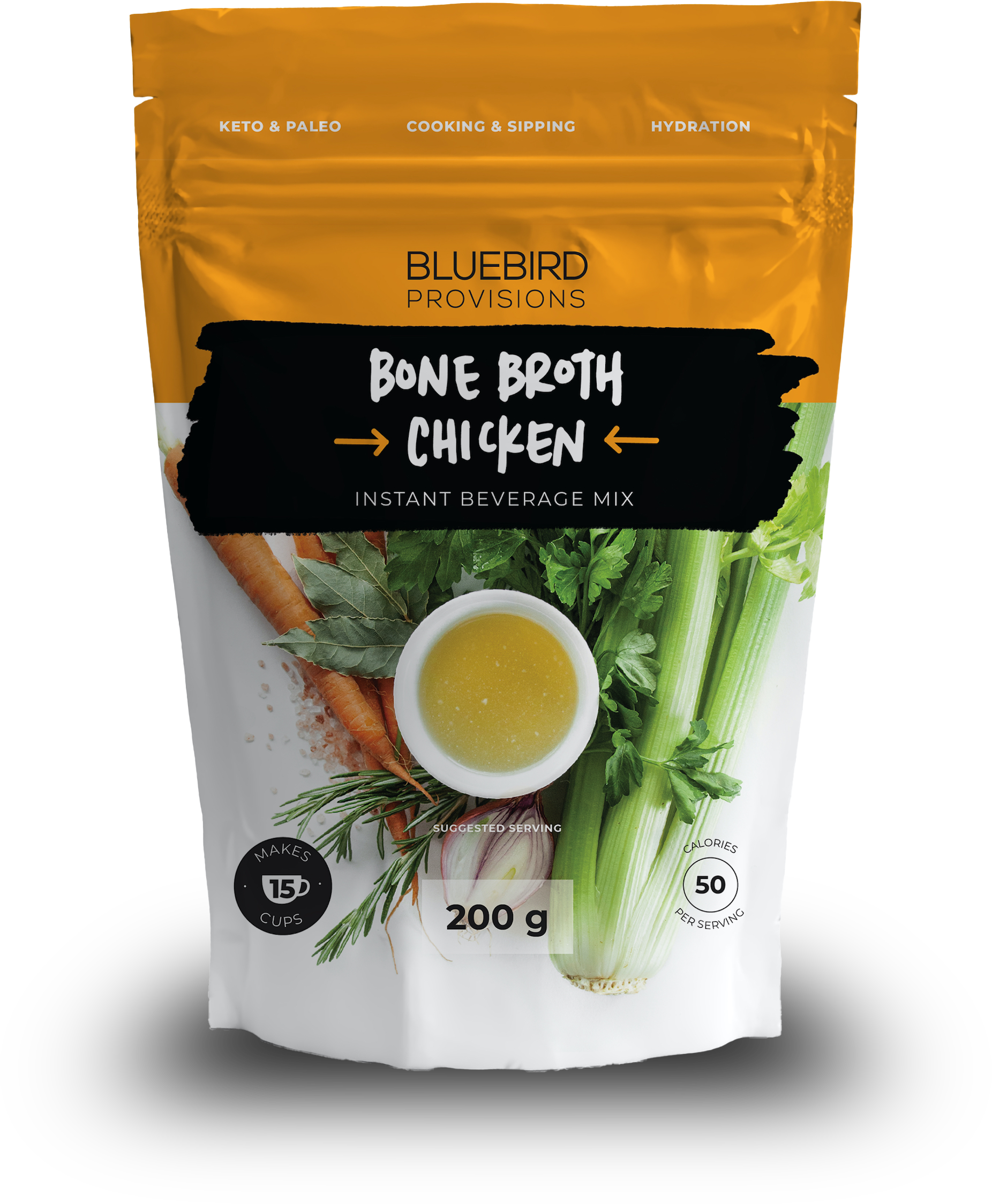
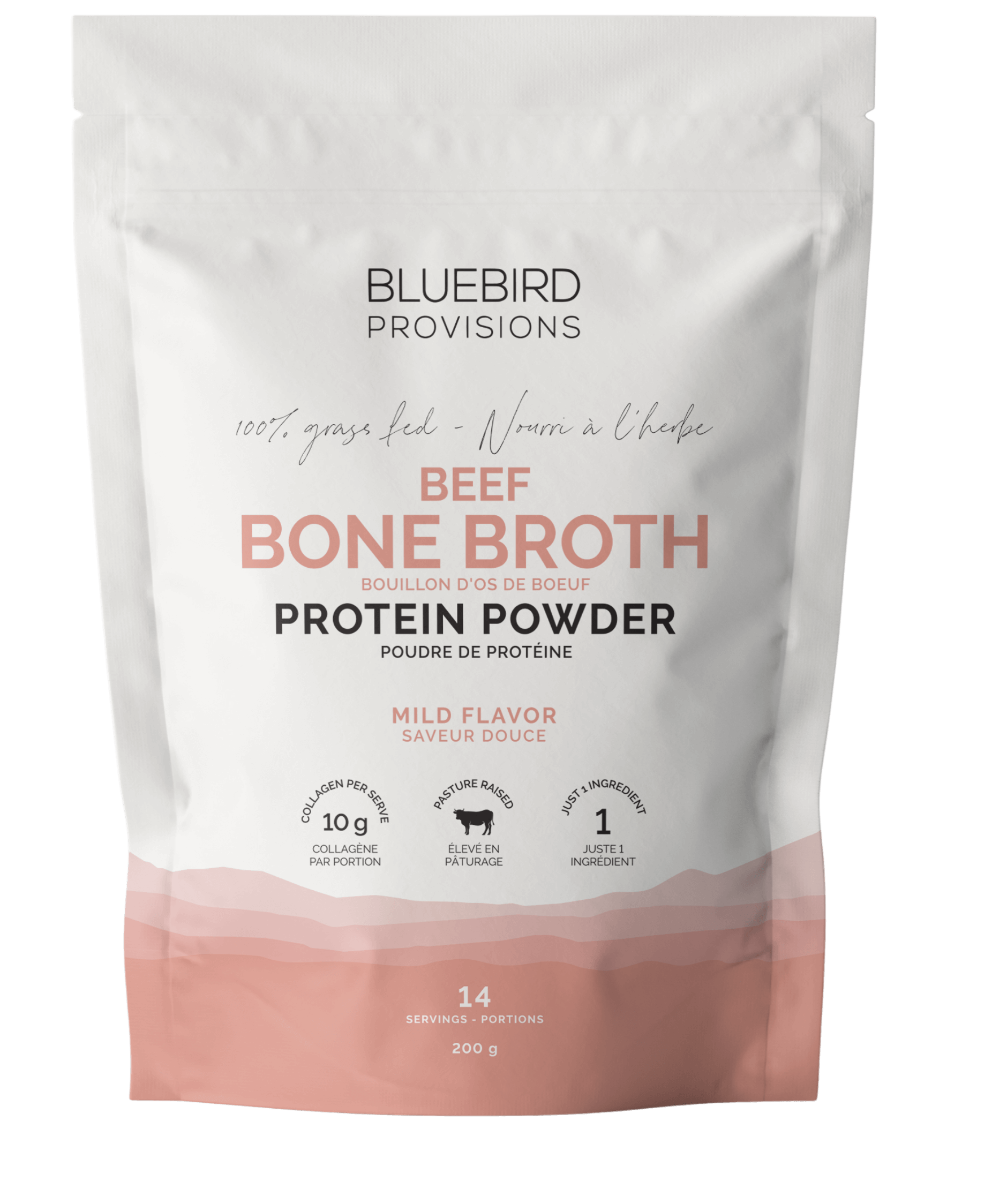
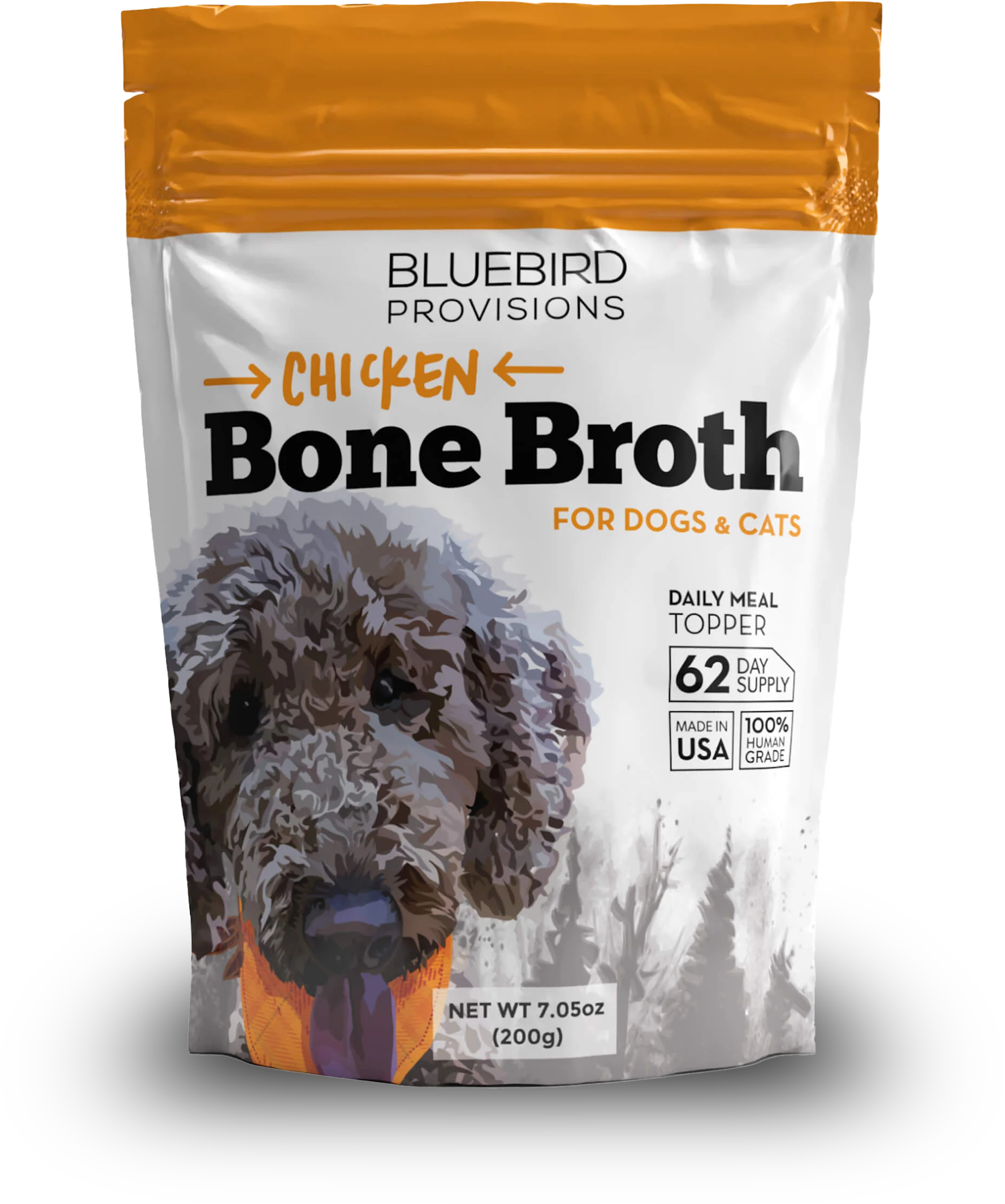
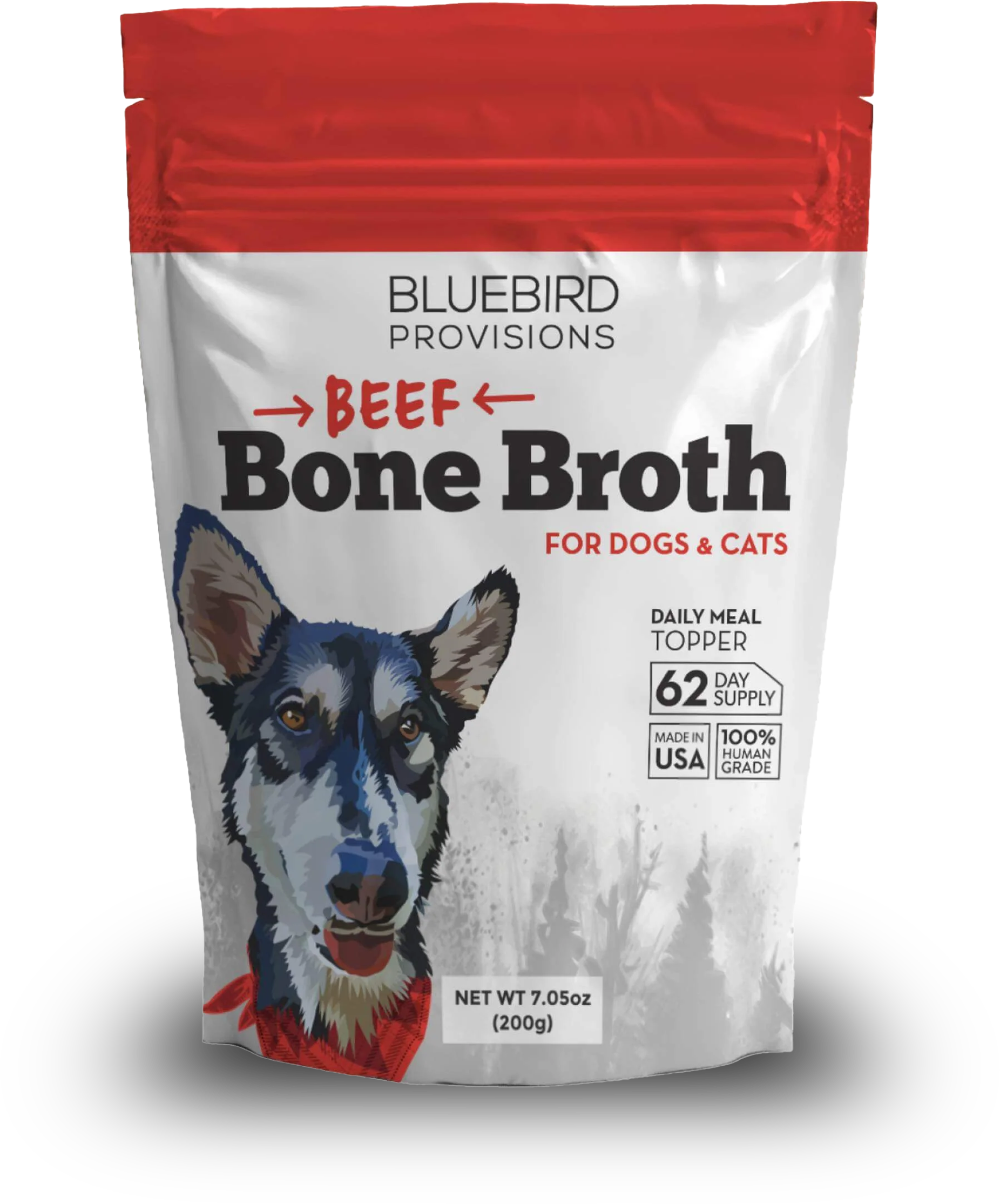
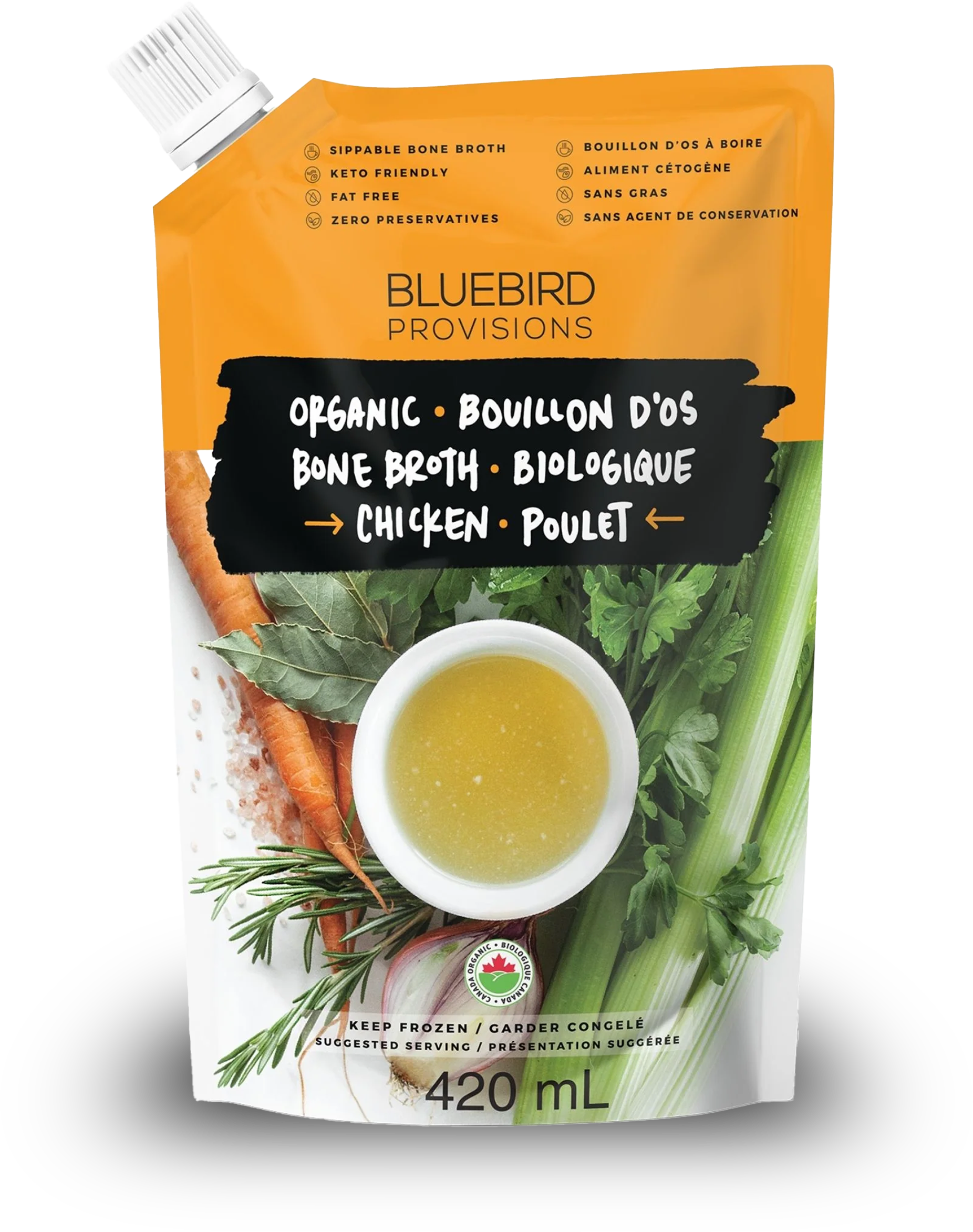
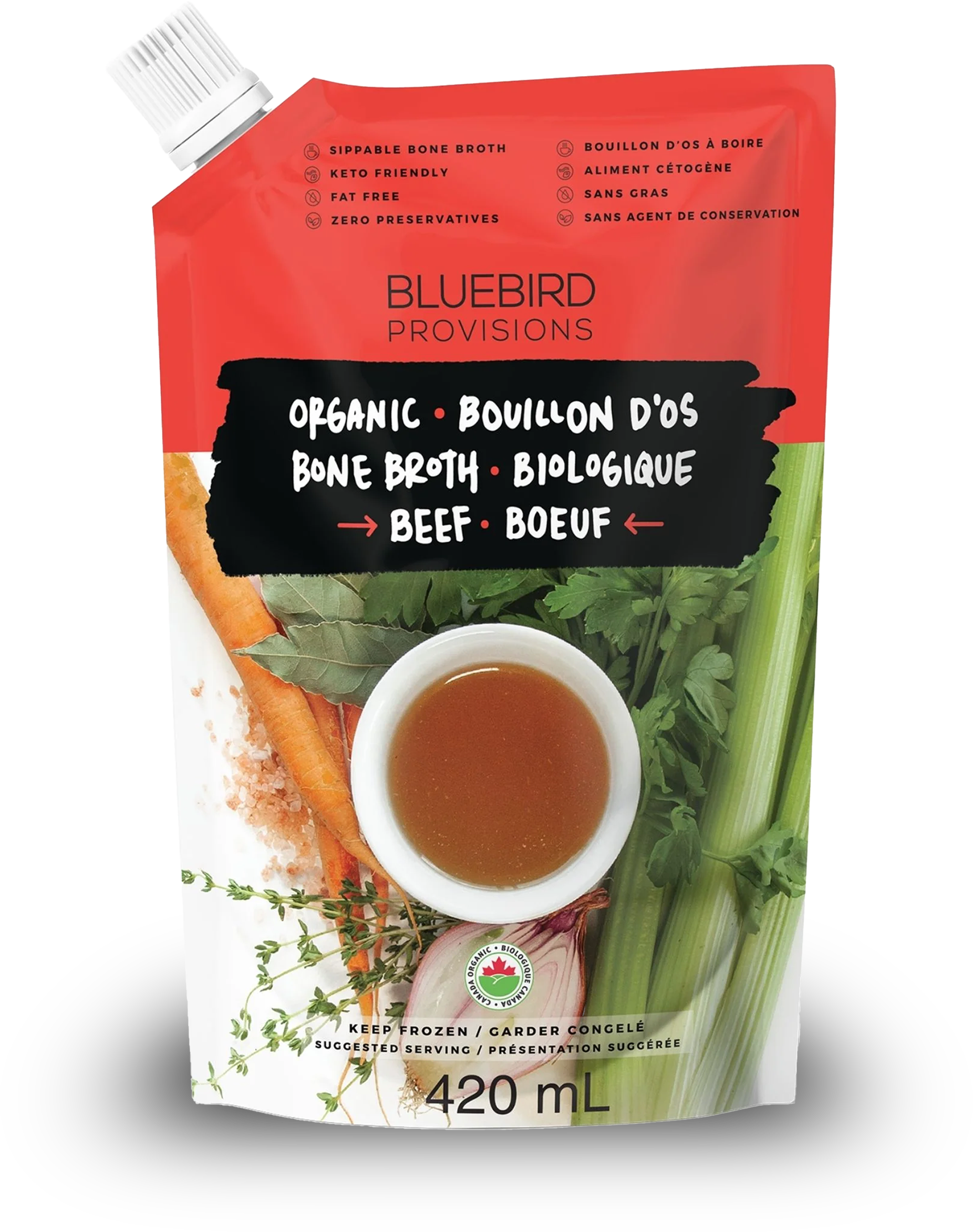




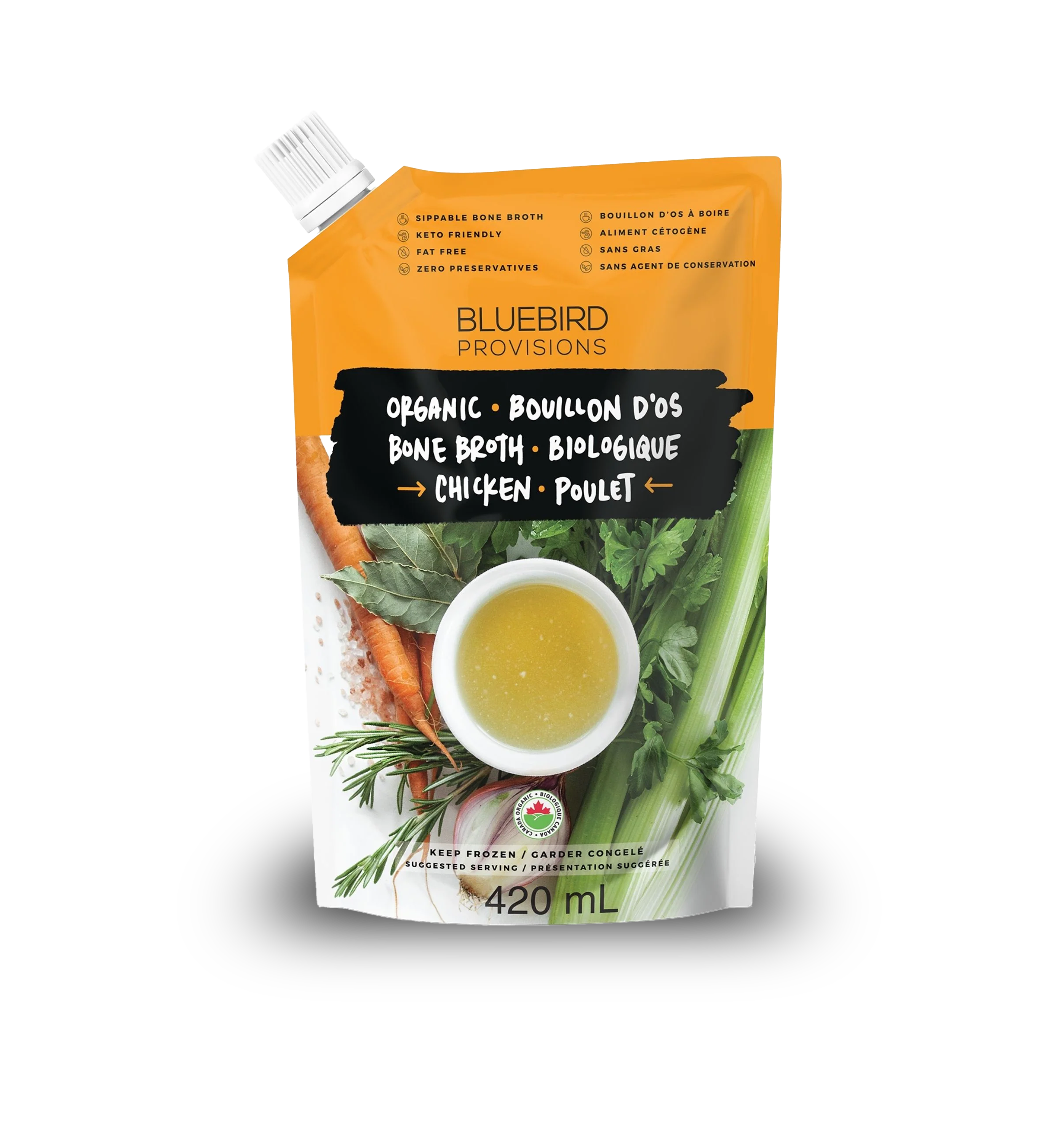
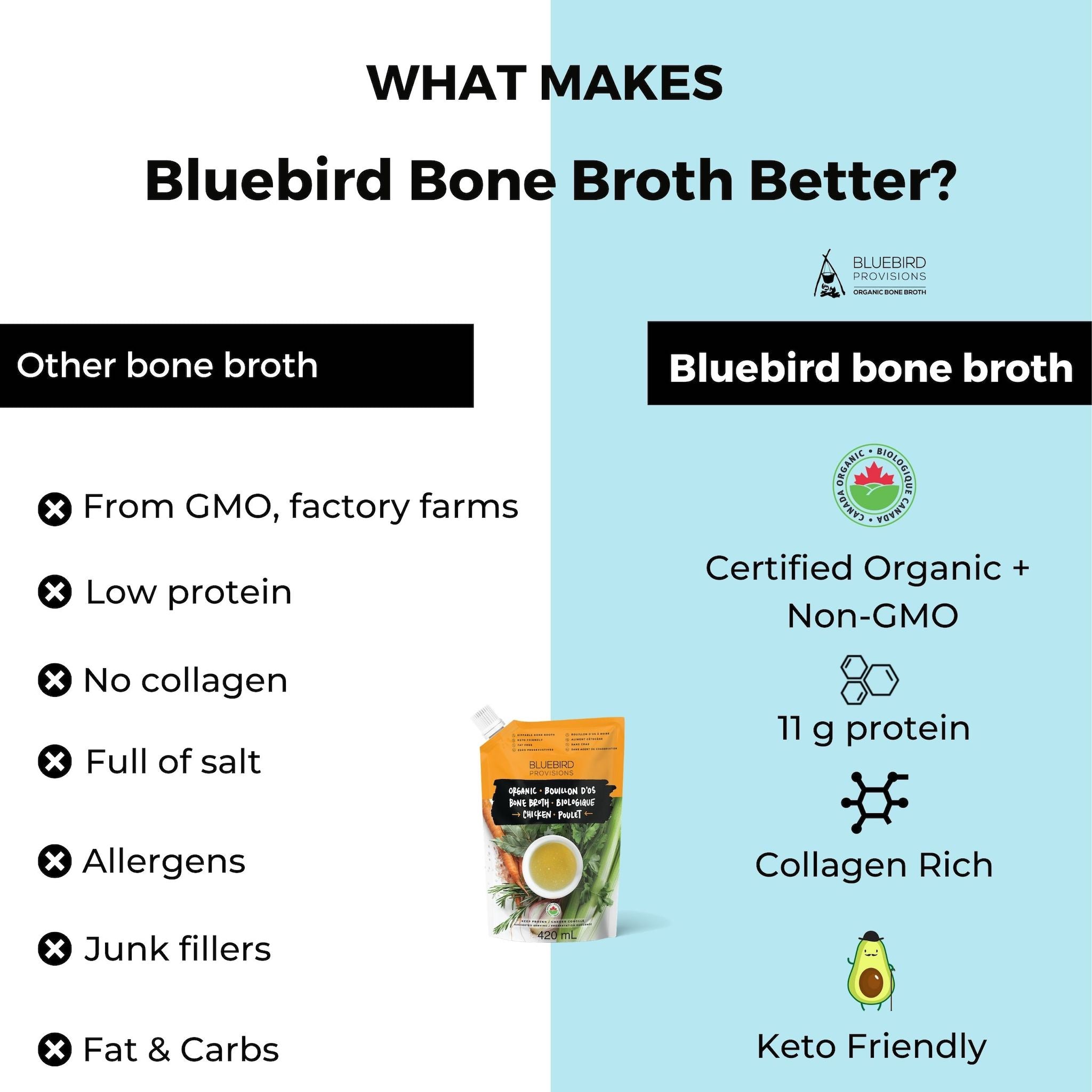
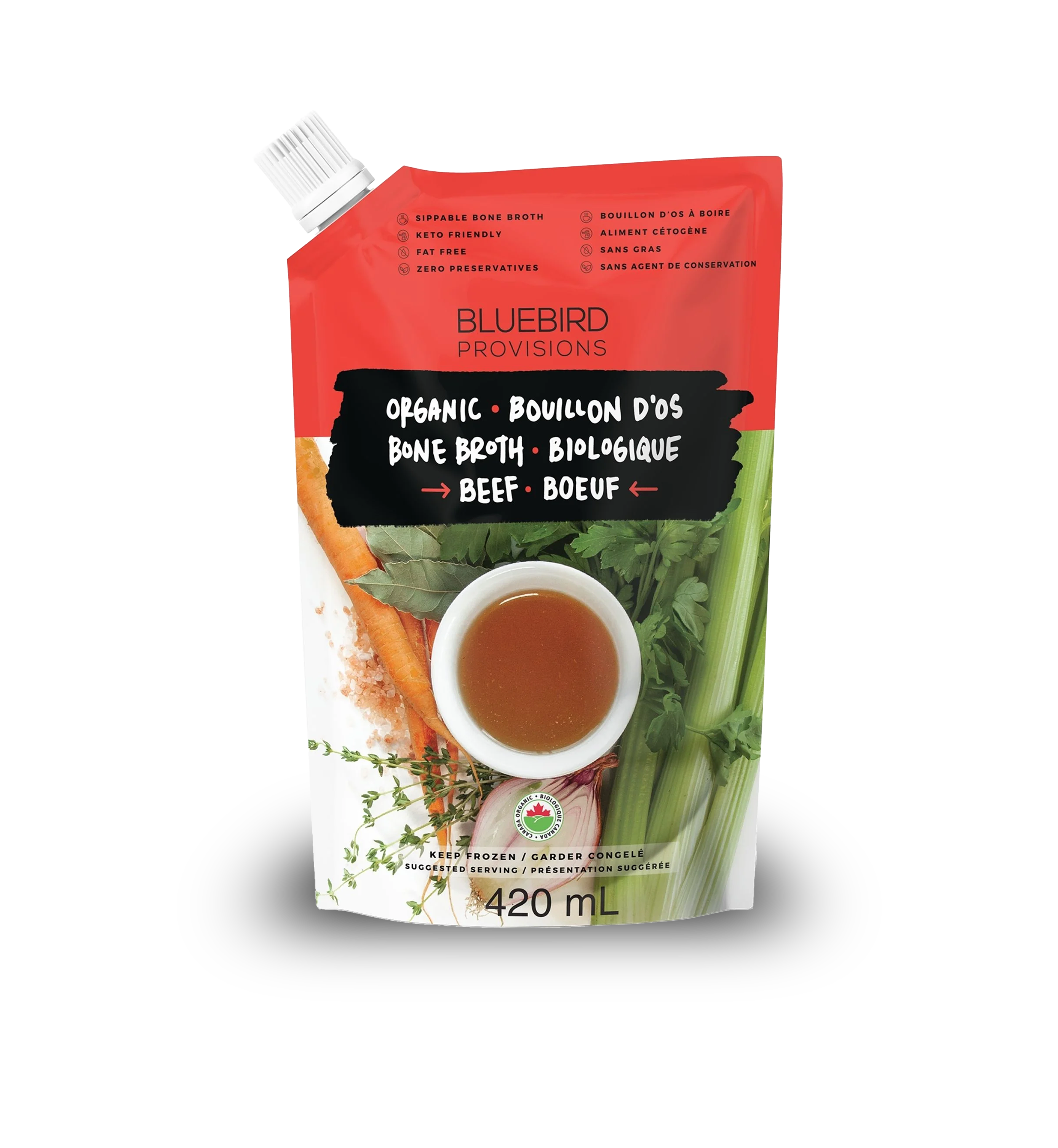
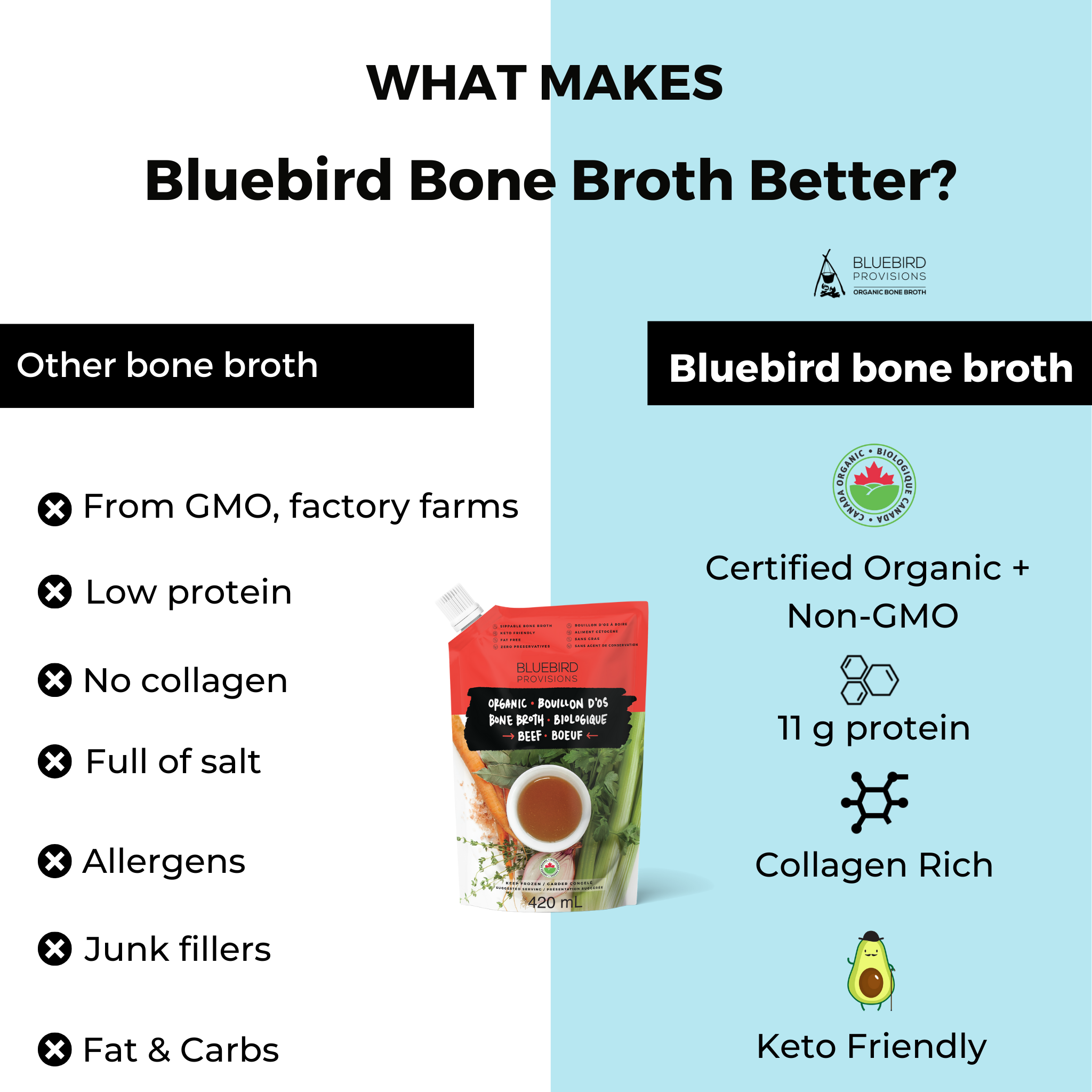
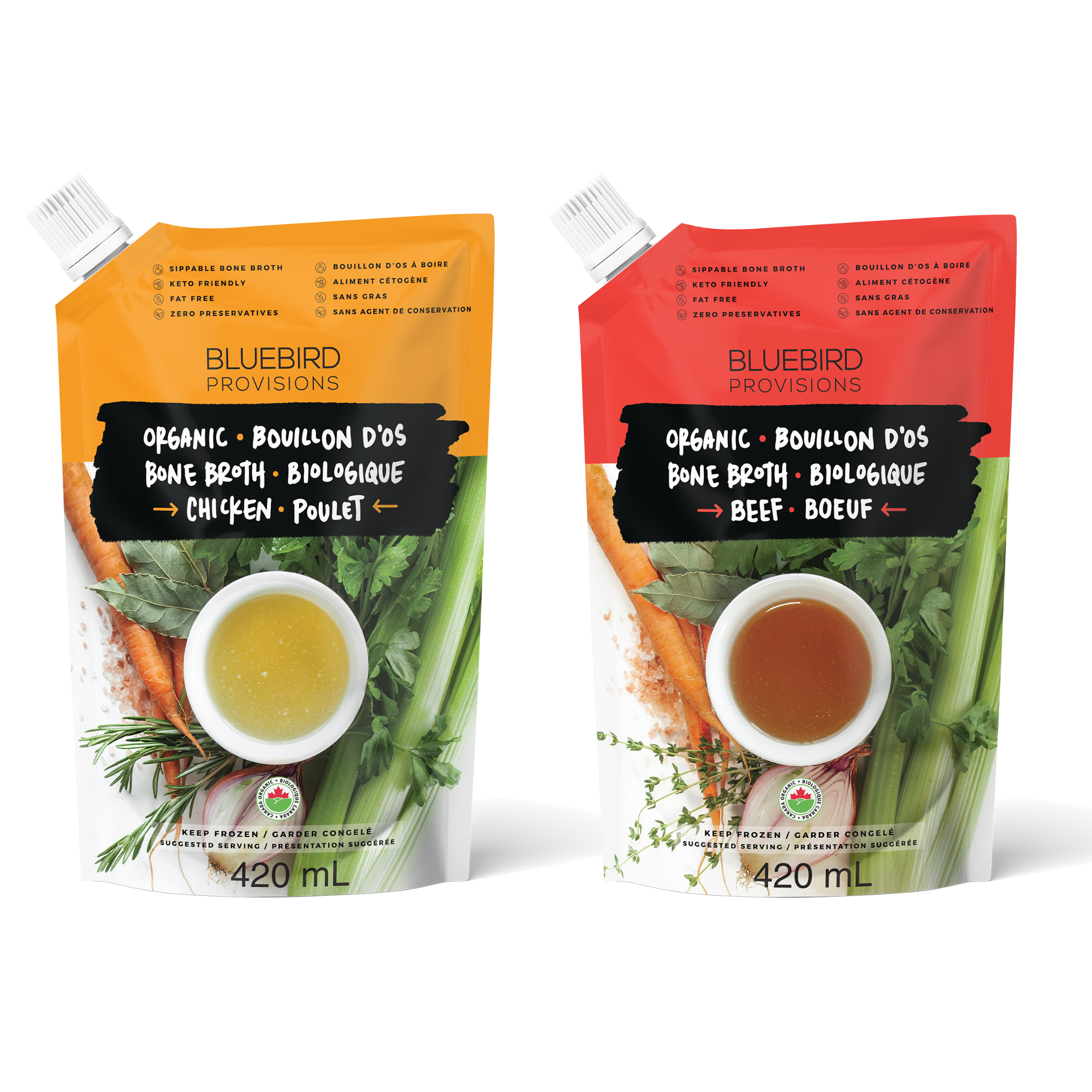

Leave a comment
This site is protected by hCaptcha and the hCaptcha Privacy Policy and Terms of Service apply.